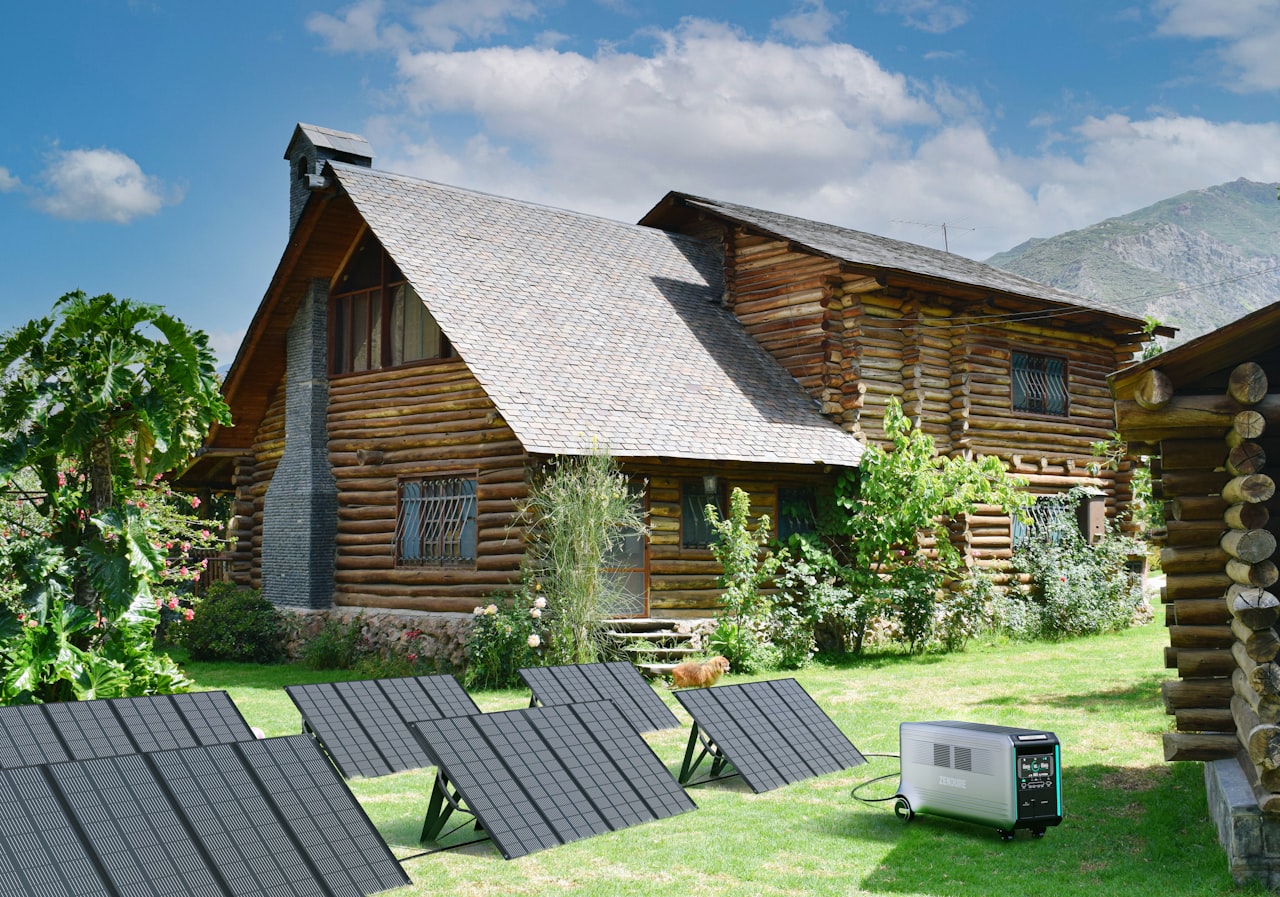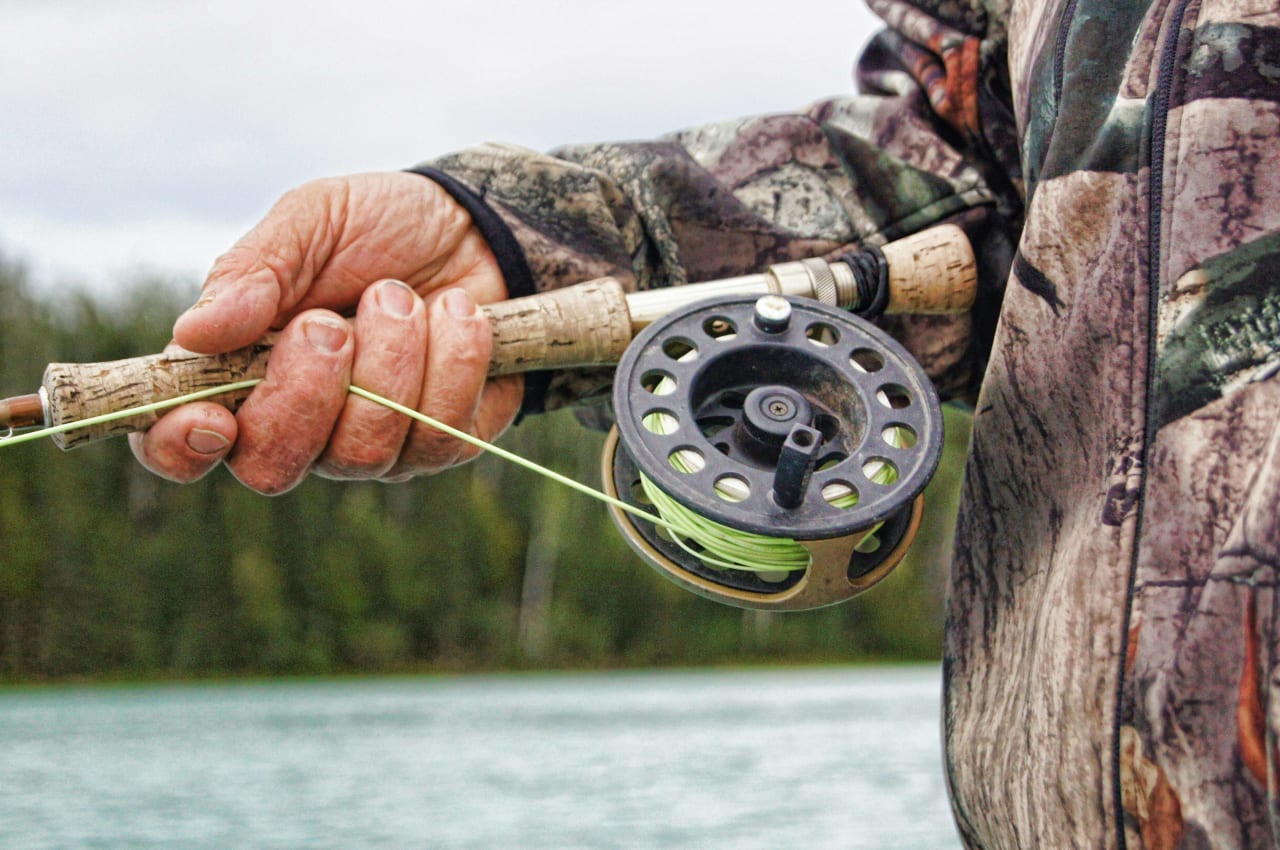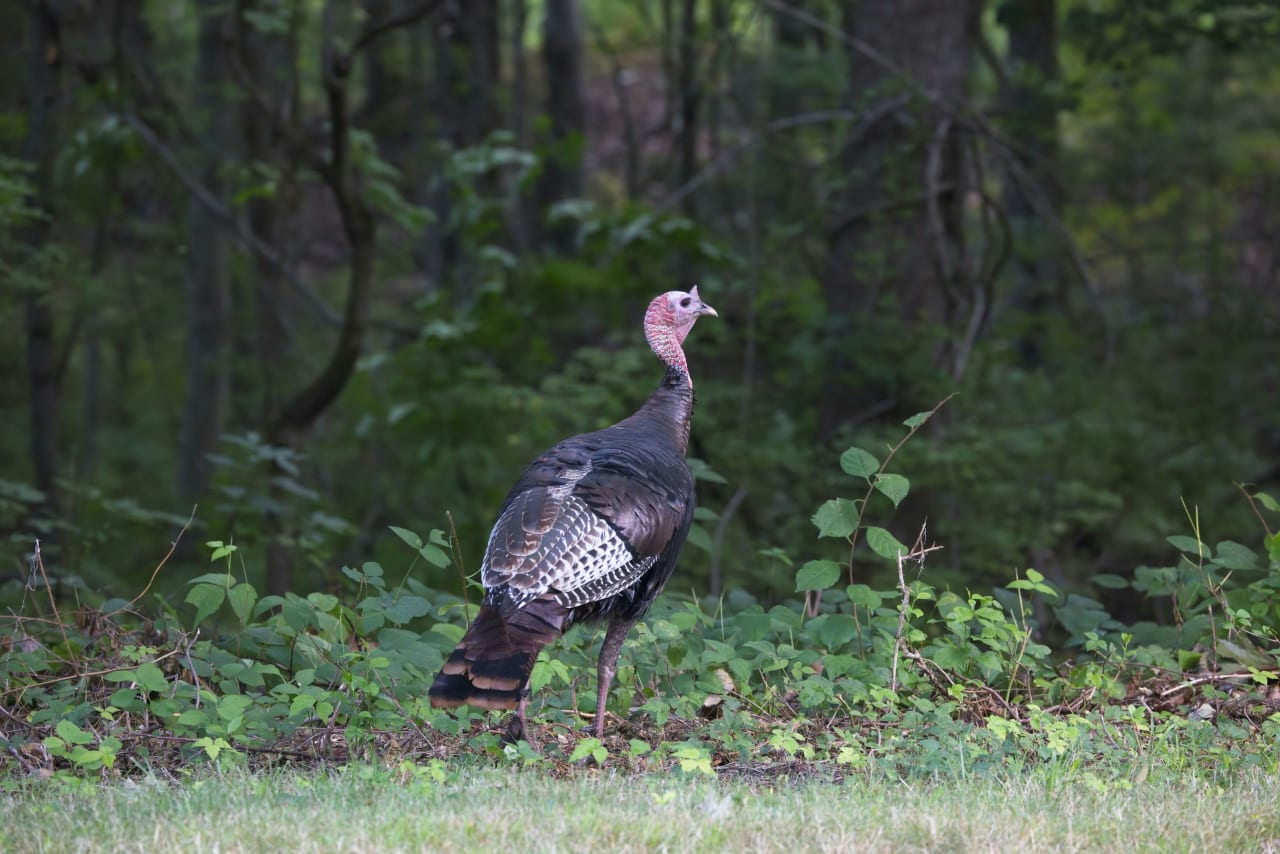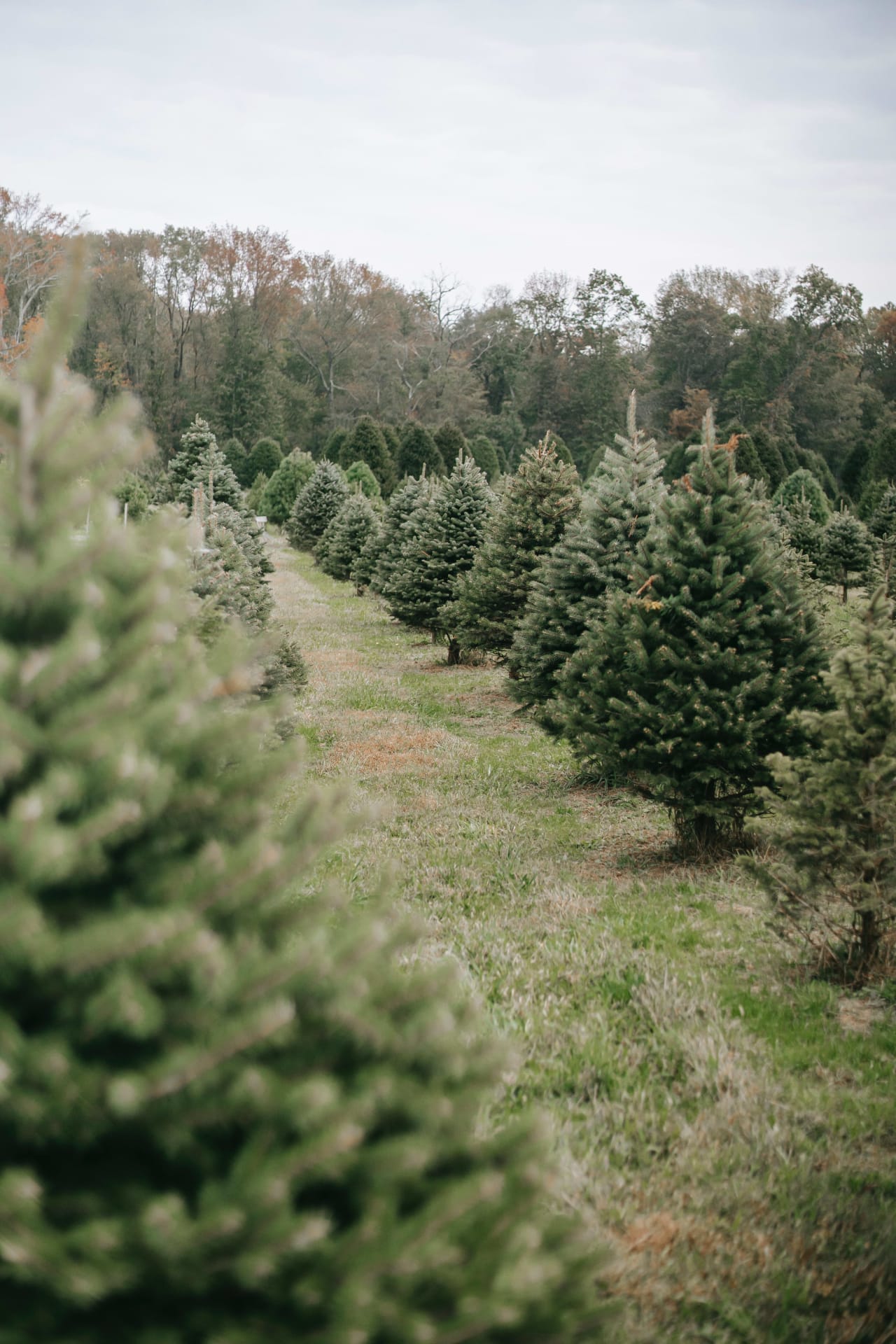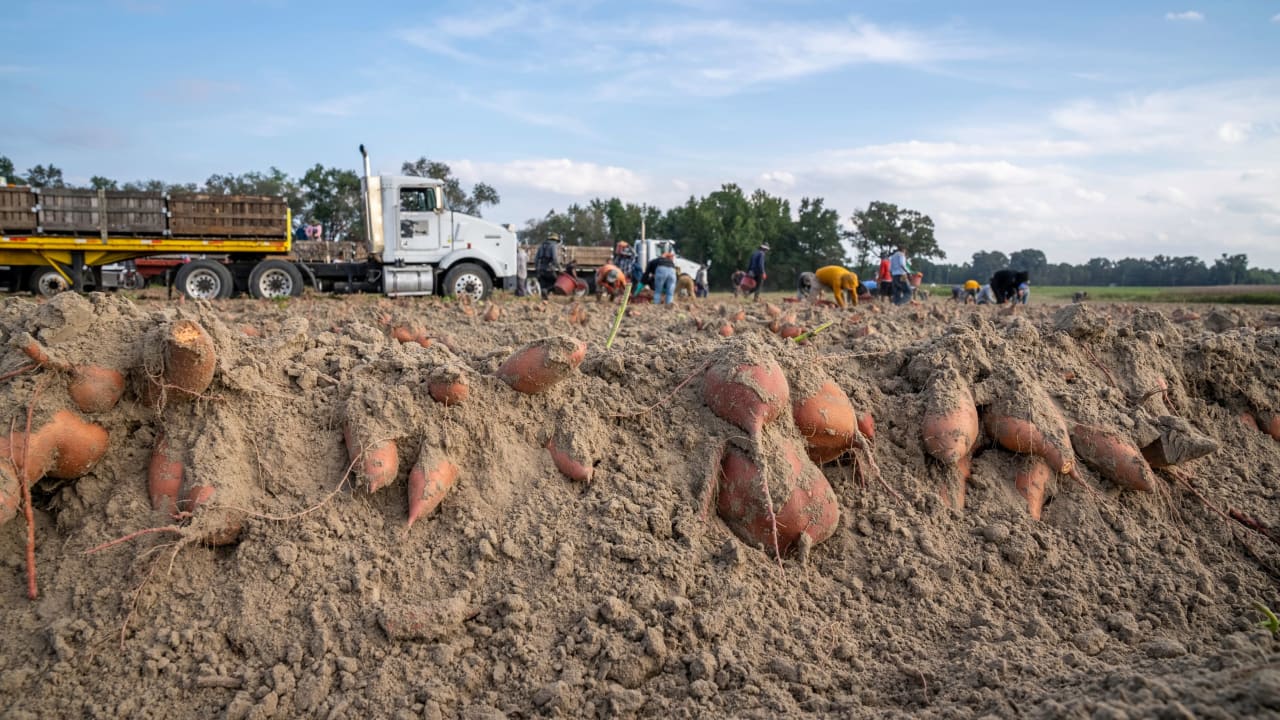Solar Power Fencing for NC Farms?
Whether you’re looking to replace or update current fencing or installing new fencing on your farm, you’ll have a range of products and materials available to you, depending on budget, property type and other specific needs. If your goal, however, is to keep livestock or horses safe and in place, solar farm fencing might be the best option for you.
How Solar-Powered Fencing Works
The use of solar fencing has grown over the years along with an increase in environmental sustainability, clean, low-carbon footprint energy, and eco-friendly farm living.
Solar-powered fencing functions much as traditional electric fencing works, and yet it’s unique in that energy absorbed from the sun via solar panels generates direct current, or DC, which powers the system’s battery. Output from this battery flows through an energizer, or charger, producing a certain voltage that is emitted in pulses of energy passing through the wires. Because the pulsating energy only lasts around 3 milliseconds at a time every 1 to 1.5 seconds, the chance of a person or an animal being injured should they come into contact with this type of fencing is extremely low.
A voltage alarm system allows the owner to monitor power and sounds an alarm when power is cut, shorted, or grounded. Solar fencing is also frequently used at parks, zoos, schools, and hospitals and often in people’s homes.
Other Types of Fencing and the Pros and Cons of Each
In North Carolina, if you own livestock you are required to install permanent fencing. There are a variety of alternative fence types, of course, that may just as easily fulfill your needs, each with its own set of benefits and drawbacks.
- The most common, most time-proven material used for fencing is wood; low-tech and comparably low-cost, it is a very basic, effective means of keeping your animals penned in. Maintenance costs – painting, weatherproofing and repair – build up as years pass; however. It is still a widely used material for smaller areas like paddocks or handling facilities. Generally speaking, it is not ideal for perimeter fencing unless for decorative purposes or to simply mark a boundary.
- Beautiful synthetic or PVC fencing is initially costly, both in terms of the product itself and installation, but it is hardier, lower-maintenance and more flexible than wood fencing and is guaranteed not to rot, rust, splinter or discolor over time. The drawback, of course, is the price tag; it is not often used on large pieces of land for this reason.
- Barbed wire fencing, which is constructed with two intertwined strands of wire with sharp barbs that are attached to metal or wood posts, is strong and more effective at keeping animals in that other types of fencing. It also tends to carry a lower cost, which is more economical for fencing in large spaces. The major downside to using barbed wire is, naturally, the damage it might do to animals who get entangled in it, or to the humans who install and maintain it. In many states – though not in North Carolina – barbed wire fencing is illegal.
- Woven or welded wire fencing, designed in a pattern of vertical and horizontal rows of wire woven together to create a sort of grid effect, is ideal for confining smaller animals or protecting garden areas or other more confined spaces. Chicken wire is a typical example of woven wire fencing.
Solar vs. Electric
Either solar-powered or electric fencing is ideal if you’ve got large animals you’re trying to contain, or predators you’re trying to keep out. Durable and long-lasting, it consists of insulated wires running horizontally between vertical posts.
Besides a power outlet, electric fencing requires some sort of charger, or energizer, that sends energy through the wires; when an animal touches the wire, an extra impulse of energy is emitted which shocks the animal and tells that animal where the boundary is. Grounding rods, which are used to dissipate the charge from lighting or other sources of electricity into the earth, are also required, as is an insulator, which helps the system prevent a loss of voltage. It is difficult to move electric fencing from one location to another due to the power outlet requirement, but overall it is an excellent, economical and low-maintenance option.
The benefits of using clean, reliable solar fencing over electric fencing is primarily the fact that NO electrical outlet will ever be needed; this type of off-the-grid farming is highly desirable for many farmers who either don’t have electric power sources, or don’t wish to be dependent on them. Other very valid reasons for considering solar-powered over electric fencing are these:
- There is little to no risk of serious injury or even death in connection with accidents involving solar-powered fencing.
- Solar fencing is easy to pick up and shift from one location to the other, for grazing or other purposes.
- Beyond the initial cost to install, ongoing costs to maintain solar fencing are very low since power produced by the sun is absolutely free!
- Solar fencing is easy to install and maintain.
- Solar power isn’t vulnerable to power outages or other electrical issues.
Drawbacks of using solar power vs. electric include a dependency on good weather – you’ll need enough sunny hours each day to keep the system running at its most efficient levels – as well as the human energy required to keep solar panels clean and free from snow and other debris. This is especially important as the charger must be able to create energy even on days when there is relatively little sun or hours of daylight. Eco-Friendly, Low-Maintenance Solar Power Fencing
North Carolina Vendors and Suppliers
2544 Durham-Chapel Hill Blvd.
Durham, NC 27707
(919) 808-5285
(919) 708-9057
409 US Hwy 70 East
Garner, NC 27529
(919) 772-0865
